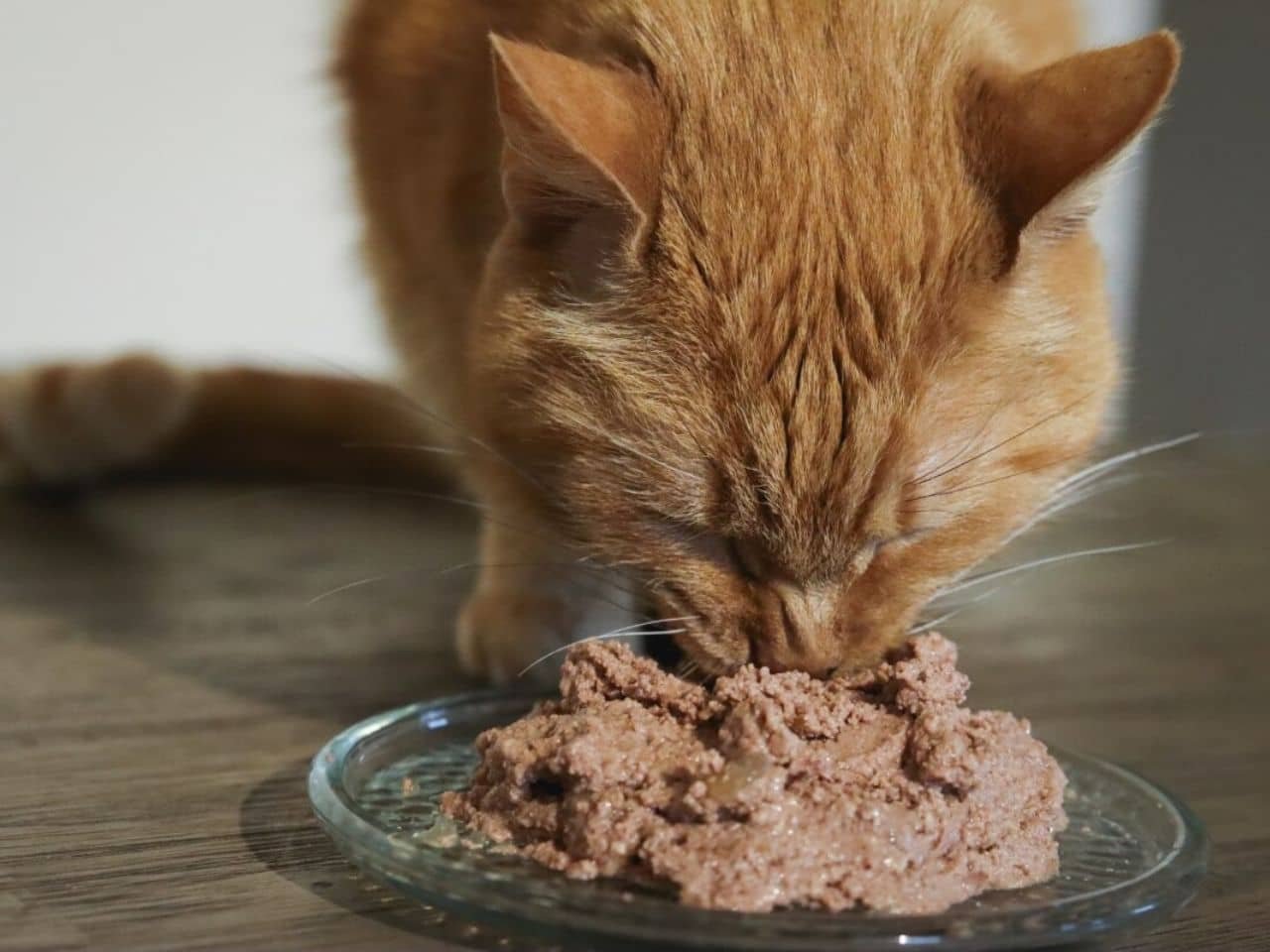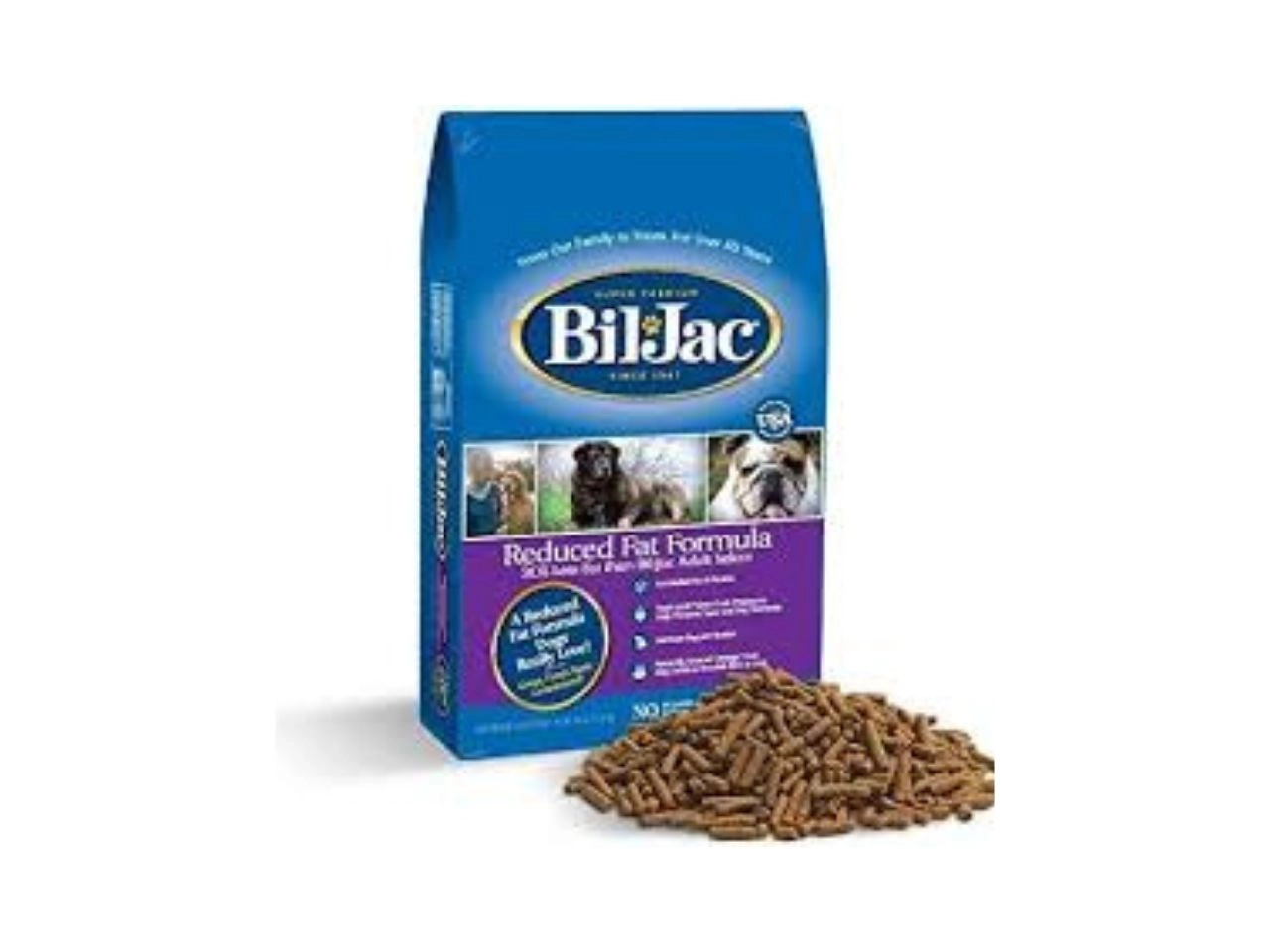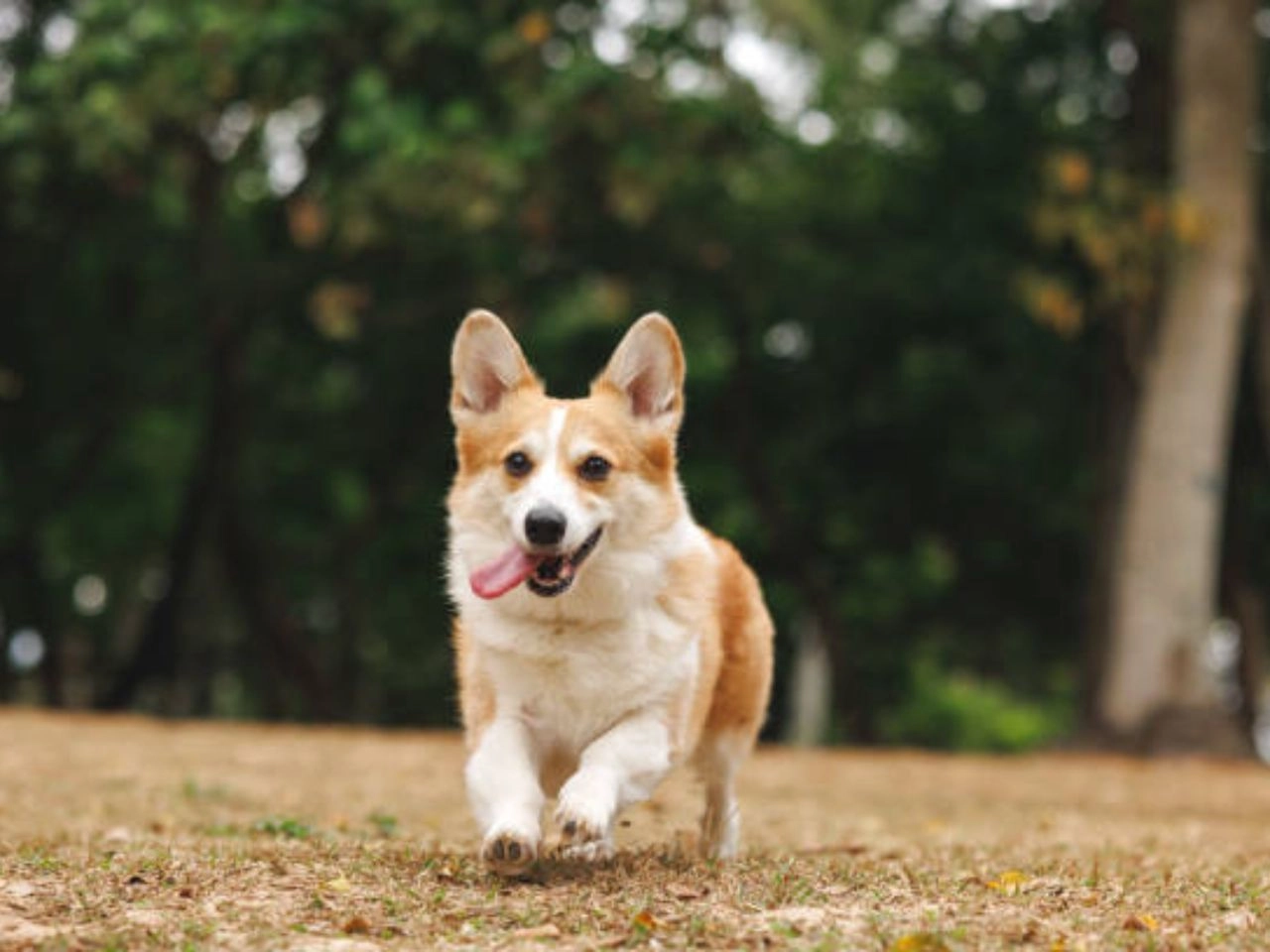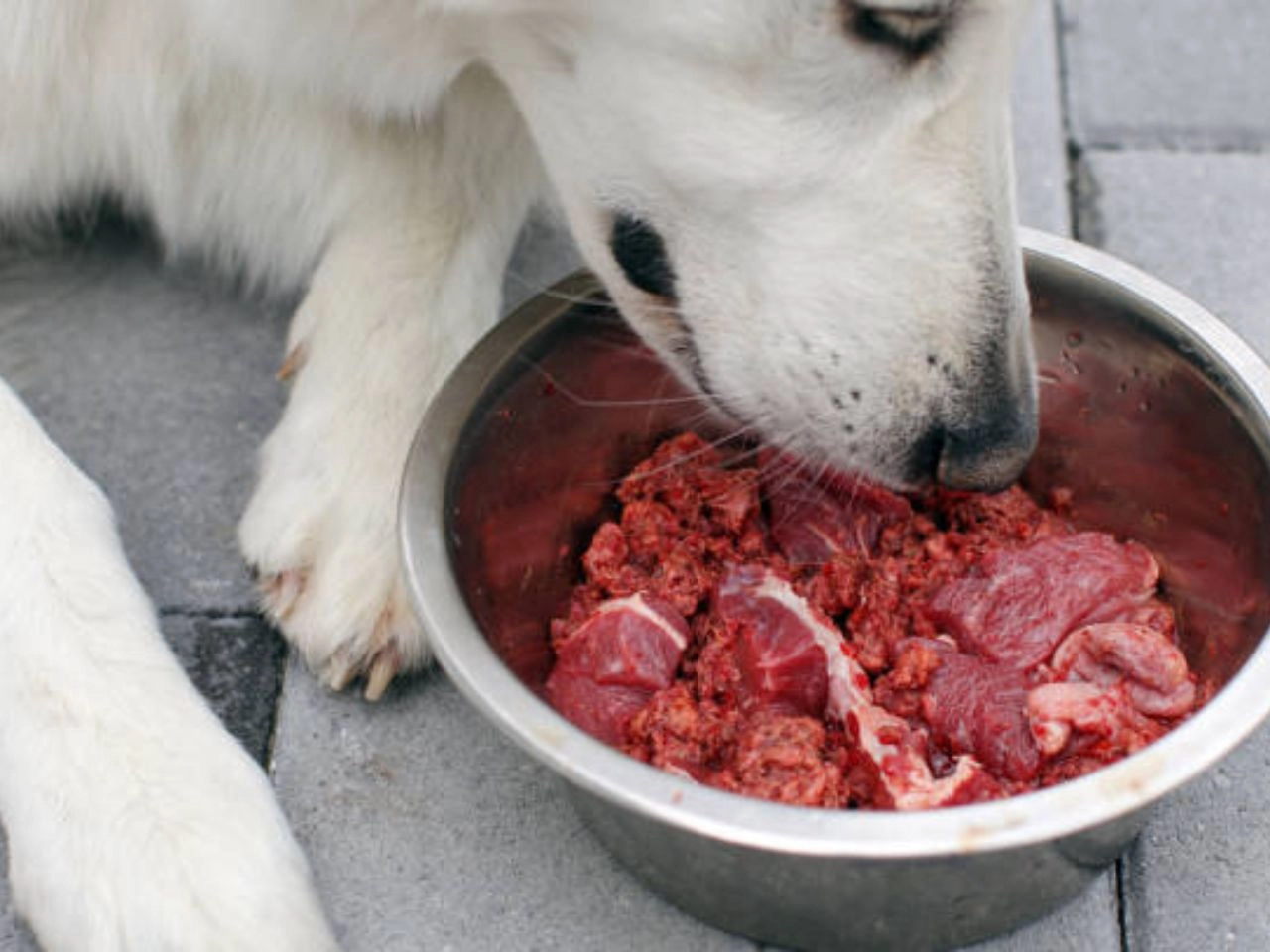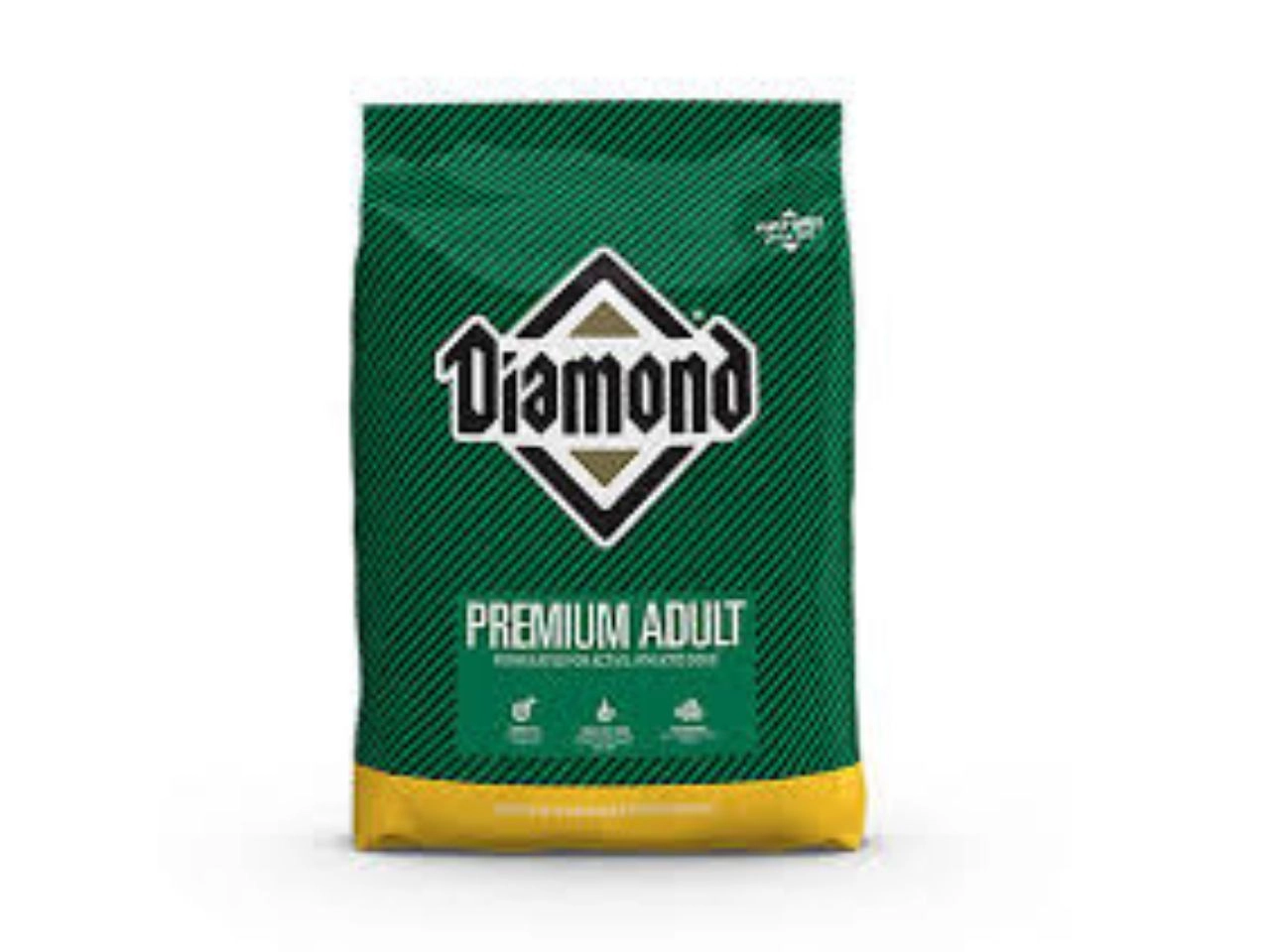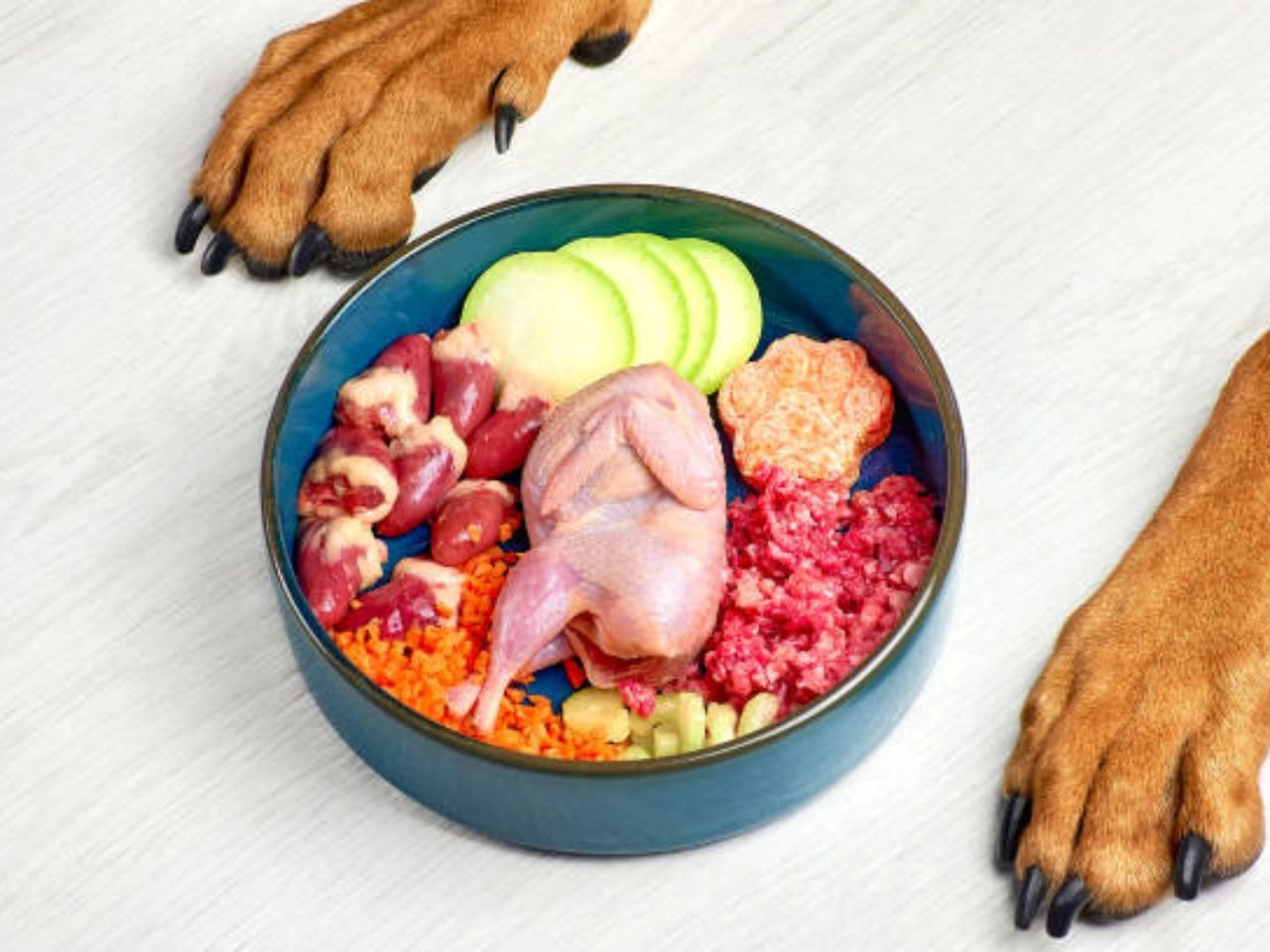Insect dog food is an innovative, sustainable protein source gaining popularity among pet owners. Reviews often highlight its environmental benefits and hypoallergenic properties.
Choosing the right food for your furry friend is a critical decision that impacts their health and well-being. Insect-based dog food has emerged as a unique solution that caters to the nutritional needs of dogs while addressing the growing concerns about sustainability in pet nutrition.

These products are celebrated for their lower ecological footprint, as farming insects require less land and water, and emit fewer greenhouse gases compared to traditional livestock. Many brands now offer insect dog food options that are rich in essential nutrients, easy to digest, and particularly suitable for dogs with sensitive stomachs or food allergies. Consumers are drawn to these foods not only for their environmental and health benefits but also for the novelty they bring to the pet food market. As you navigate through the various options available, reviews can be a valuable resource in determining the best insect-based diet for your canine companion.
Introduction To Insect-based Dog Food
Curiosity is buzzing in the pet food world. Insect-based dog food is the latest trend. As a pet owner, you want the best for your furry friend. This includes their diet. Insect-based dog food is a novel protein source. It’s gaining popularity for its benefits. Let’s dive into why this might be a great choice for your dog.
Why Choose Insect Protein?
Insects are a high-quality protein source. They contain all the essential amino acids your dog needs. Insect protein is easy to digest. This makes it perfect for dogs with sensitive stomachs. It’s also less likely to cause allergies. This is because it’s a more unique protein compared to common meats.
Environmental Benefits
- Lower Carbon Footprint: Insects require less land and water than traditional livestock.
- Less Greenhouse Gases: They emit fewer greenhouse gases during production.
- Sustainable Farming: Insect farming is a sustainable practice. It can help reduce the strain on our planet’s resources.
Key Ingredients In Insect Dog Food
Dogs are not just pets, they are family. Choosing the right food is crucial for their health. Insect dog food is a new trend that’s both eco-friendly and packed with nutrients. It may sound unusual, but insects are a great source of protein. Let’s dive into the key ingredients that make insect-based dog food a nutritious choice for your furry friend.
Types Of Insects Used
Different insects offer various benefits. Here are the most common ones found in dog food:
- Black Soldier Fly Larvae: High in protein and fat, ideal for energy.
- Mealworms: Rich in essential fatty acids and fiber.
- Crickets: Contain vitamins, minerals, and a good protein source.
Nutritional Profile
Insect-based dog food is not just about protein. It’s a complete meal with all the necessary nutrients. Let’s look at the nutritional makeup:
| Nutrient | Benefit |
| Protein | Builds muscle and repairs tissue. |
| Fat | Provides energy and supports cell growth. |
| Fiber | Enhances digestion and gut health. |
| Omega-3 & 6 Fatty Acids | Boosts skin and coat health. |
| Amino Acids | Essential for many body functions. |
| Vitamins & Minerals | Supports overall health and immune system. |
Health Benefits For Dogs
Health Benefits For Dogs
When it comes to our furry friends, we want the best for their health. Insect dog food is not only a sustainable choice but also packed with health benefits. These foods are rich in protein and contain essential nutrients vital for a dog’s well-being. Let’s delve into how insect-based diets can be a game-changer for your pooch’s health.
Allergy-friendly Options
Many dogs suffer from food allergies, often caused by common proteins like chicken or beef. Insect dog food provides an alternative protein source that can reduce allergic reactions. It’s a novel food for dogs, meaning fewer chances of allergies. Here’s how it can benefit your pet:
- Less itching and scratching due to fewer allergens.
- Improved skin and coat health from novel proteins.
- Reduced gastrointestinal upsets as insects are easier to digest.
Digestive Health Improvements
Insect protein is highly digestible, which means it’s easier on your dog’s stomach. This can lead to better nutrient absorption and a healthier gut. Check out these digestive perks:
| Benefit | Reason |
| Enhanced nutrient absorption | Insect protein breaks down easily. |
| Less bloating and gas | Fewer hard-to-digest elements. |
| Regular bowel movements | Fiber in insects promotes digestion. |
Top Brands Reviewed
Choosing the right food for your furry friend is crucial. Among the many options, insect-based dog foods stand out for their sustainability and nutritional benefits. Several brands have taken the lead in providing high-quality, eco-friendly options. Let’s delve into the details of the top brands in the market.
Brand A: Features And Benefits
Brand A stands out with its premium insect-based dog food. Here’s what makes it special:
- High Protein Content: Packed with essential amino acids for muscle growth.
- All-Natural Ingredients: Free from artificial preservatives and colors.
- Hypoallergenic: Perfect for dogs with sensitive stomachs.
- Eco-Friendly: Farming insects requires less water and land.
Brand B: Cost-effectiveness
For pet owners on a budget, Brand B offers great value:
| Size | Price | Cost per Meal |
| 5kg | $30 | $0.60 |
| 10kg | $50 | $0.50 |
Consumer Feedback And Ratings
When choosing the best diet for our furry friends, many pet owners are turning to insect-based dog food. This sustainable option is gaining popularity, and consumer feedback is crucial for those considering the switch. Let’s dive into what dog owners are saying about this innovative type of pet food.
Positive Reviews
Owners rave about the health benefits they notice in their pets. From shinier coats to improved digestion, the change is visible. Here are the highlights:
- Eco-conscious buyers love the sustainability of insect-based food.
- Dogs with allergies have shown fewer reactions and less itching.
- Energy levels seem to soar, delighting both pets and their humans.
Criticisms And Concerns
While many reviews glow, some express hesitations. Let’s look at the common concerns:
| Issue | Feedback |
| Flavor Acceptance | Some dogs take time to adjust to the new taste. |
| Cost | It can be pricier than traditional dog food. |
| Availability | Not always easy to find in local stores. |
Flavor And Palatability
When it comes to dog food, taste matters. Just like humans, dogs have preferences that can make or break their mealtime enthusiasm. Insect-based dog food is a new frontier in pet nutrition. But how do these novel flavors fare on the canine palate? Let’s delve into what dogs think of these buzzy meals and what their humans are saying.
Dogs’ Taste Preferences
Dogs have fewer taste buds than humans, but they’re keen on certain flavors. Meatiness is a top hit, often driving their taste choices. Insect dog food, rich in protein, might just tickle their taste buds. Brands commonly use insects like crickets or mealworms. These bugs are not just protein-packed but also bring a unique flavor profile to the bowl.
- Sweetness attracts dogs, and some insect foods blend in veggies or fruits for that hint of sugar.
- Many dogs prefer a combination of textures; crunchy exteriors with softer interiors are a win.
- Insect dog food often has a distinctive umami flavor that can be a real game-changer for fussy eaters.
Owner Observations
Feedback from pet owners is crucial in assessing insect dog food. Many report their furry friends gobbling up these new dishes with gusto. Let’s look at some common observations:
| Owner Feedback | Details |
| Excitement at mealtime | Dogs seem eager to eat, with wagging tails indicating a positive reaction to the flavor. |
| Improved digestion | Some owners notice better stools, suggesting that insect protein is not just tasty but also digestible. |
| Coat health | Shinier coats are observed, which may be linked to the quality of protein and fatty acids in insect ingredients. |
Cost Comparison
Choosing the right dog food is crucial for your pet’s health and your budget. Let’s compare the costs of insect-based dog food with traditional options. We’ll also explore recent price trends to help you make an informed decision.
Insect Dog Food Vs. Traditional
Insect dog food is gaining popularity as a sustainable and hypoallergenic option. Here are some key points:
- Insect protein is less resource-intensive than traditional meats.
- It is often comparable in price to premium meat-based foods.
- Insect food reduces food allergies in many dogs.
Traditional dog foods, typically made from chicken, beef, or grain, are more familiar but can cause allergies and have a higher environmental impact.
Price Trends
Let’s look at how prices have changed over time:
| Year | Traditional Dog Food | Insect Dog Food |
| 2021 | $45 | $50 |
| 2022 | $47 | $52 |
| 2023 | $49 | $55 |
This comparison shows that while insect dog food may initially seem pricier, its advantages and the narrowing price gap make it a worthy consideration for dog owners.
Feeding Guidelines
Exploring the Feeding Guidelines for insect-based dog food is crucial. It ensures your pet gets the right nutrients.
Recommended Portions
The right portion size depends on your dog’s weight, age, and activity level. Here’s a simple guideline:
| Dog Weight (kg) | Daily Portion (grams) |
| 5 – 10 | 120 – 190 |
| 11 – 20 | 200 – 300 |
| 21 – 30 | 310 – 400 |
Adjusting To Insect-based Diet
Switching your dog to an insect-based diet should be gradual. Follow these steps:
- Mix small amounts of insect food with current food.
- Increase insect food slowly over two weeks.
- Watch your dog for any signs of discomfort.
This helps your dog adjust without stress.
Allergic Reactions And Safety
When choosing insect-based dog food, safety is key. Some dogs might be allergic to new protein sources. It’s vital to spot and manage these allergies early. This ensures your furry friend stays healthy and happy. Let’s explore how to identify allergic reactions and what preventive steps to take.
Identifying Allergic Symptoms
Be alert for signs of allergies in your dog. These can vary widely but often include:
- Skin irritation – Look for redness or rash.
- Excessive scratching – Your dog might itch more than usual.
- Digestive issues – Watch out for vomiting or diarrhea.
- Respiratory problems – Sneezing or coughing can be a sign.
Regular check-ups with the vet help catch these symptoms early.
Preventive Measures
Prevention is better than cure. To prevent allergic reactions:
- Introduce new food gradually. Mix it with the old food for over a week.
- Monitor your dog’s reaction. Note any changes in behavior or health.
- Choose hypoallergenic options. Some insect-based foods are designed to reduce allergies.
- Consult your vet. They can provide personalized advice for your dog.
Always keep an eye on your dog after switching foods. Quick action can prevent serious allergic reactions.
Environmental Impact
The Environmental Impact of dog food is a growing concern for pet owners. Traditional pet food production can strain our planet. Insect-based dog food offers a promising alternative. It may be better for the earth. Let’s explore this eco-friendly option.
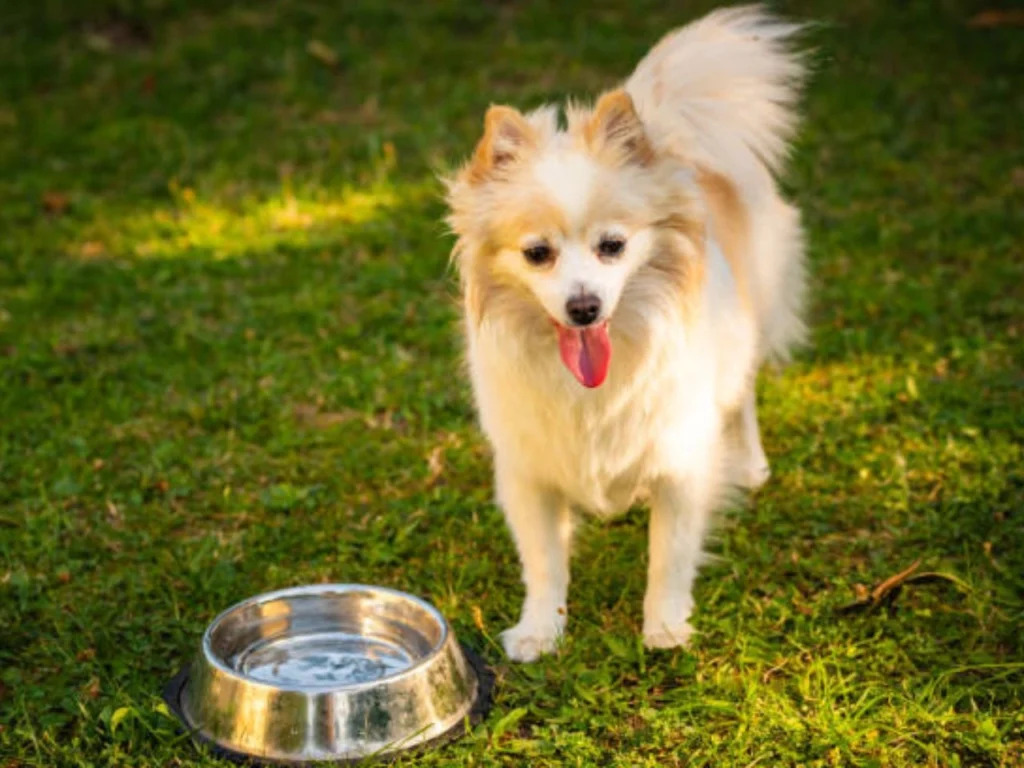
Sustainability
Insect dog food stands out for its sustainability. The farming of insects requires less water, land, and feed compared to traditional livestock. This means fewer resources are used. The table below shows the comparison:
| Resource | Insect Farming | Traditional Livestock |
| Land | Less | More |
| Water | Less | More |
| Feed | Less | More |
Reducing Carbon Footprint
Traditional dog food production can release a lot of carbon dioxide. This contributes to climate change. Insect-based dog food has a lower carbon footprint. Insects produce fewer greenhouse gases during their life cycle.
- Insects generate less methane than cattle or pigs.
- They require less transportation since they can be farmed locally.
- Insect farming has a reduced energy demand.
By choosing insect-based dog food, pet owners can help reduce greenhouse emissions. This choice supports a healthier planet.
Expert Opinions
Curious about insect-based dog food? Experts share their thoughts. From vets to nutritionists, insights abound. Is it just a trend or here to stay? Read on for professional perspectives on this unique dog diet.
Veterinarian Insights
Vets look at insect dog food closely. They care for pets’ health. What do they say? Let’s find out.
- Allergies: Fewer reactions than beef or chicken.
- Digestion: Easy on tummies. Good for sensitive dogs.
- Protein Quality: High-value protein. Supports muscle health.
Eco-Friendly: Vets nod. Less water and land use. Good for the planet.
Nutritionist Recommendations
Dog nutritionists weigh in. What’s their stance on insect protein?
| Aspect | Recommendation |
| Protein Content | High. Supports growth and repair. |
| Fatty Acids | Rich in Omega-3s. Promotes shiny coats. |
| Vitamins & Minerals | Balanced. Good for immune health. |
Future Of Insect Dog Food
The Future of Insect Dog Food is buzzing with potential. Insect-based pet foods are gaining traction as a sustainable and nutritious alternative to traditional meats. With a smaller ecological footprint and high nutritional value, insect dog food could be the next big trend in pet care.
Market Trends
The pet food market is evolving rapidly. Interest in eco-friendly and sustainable products is soaring. Insect dog food aligns perfectly with these values. Let’s explore recent market trends:
- Demand for sustainable pet food options is increasing.
- Pet owners are seeking high-protein, hypoallergenic food choices.
- There’s a growing awareness of the environmental impact of traditional pet food production.
These trends suggest a bright future for insect-based dog food as more owners embrace this option.
Innovations In Production
Innovations are key to the growth of insect dog food. Producers are finding new ways to raise insects sustainably. Here’s what’s happening in production:
| Area of Innovation | Impact |
| Automated Farming | Increases insect production while reducing costs. |
| Feed Optimization | Improves the nutritional content of the insects. |
| Processing Techniques | Enhances the palatability and safety of insect-based foods. |
FAQ(Insect Dog Food Reviews)
Is Insect-based Food Good For Dogs?
Yes, insect-based food can be good for dogs as it provides high-quality protein and is sustainable. It’s easily digestible and hypoallergenic, making it suitable for dogs with sensitivities.
What Is The Best Insect Protein For Dogs?
Black soldier fly larvae are considered the best insect protein for dogs due to their high nutrient profile and sustainability.
What Is The Dog Food Made Of Insects?
Dog food made of insects typically includes proteins derived from eco-friendly, sustainable sources like black soldier fly larvae, crickets, or mealworms. These ingredients are rich in nutrients and provide a hypoallergenic alternative to traditional meats.
What Are The Tiny Bugs Dog Food?
Tiny bugs found in dog food are often grain mites or flour beetles. These pests thrive in improperly stored dry pet food. To avoid infestation, store dog food in sealed containers and keep the storage area dry and clean.
Selecting the right insect-based dog food can be a game-changer for your pet’s health and the environment. Our comprehensive reviews aim to simplify your choice. Remember, the best option should balance nutritional value, sustainability, and your dog’s taste preferences. Trust in eco-friendly alternatives; your furry friend might thank you with wags and vigor.
